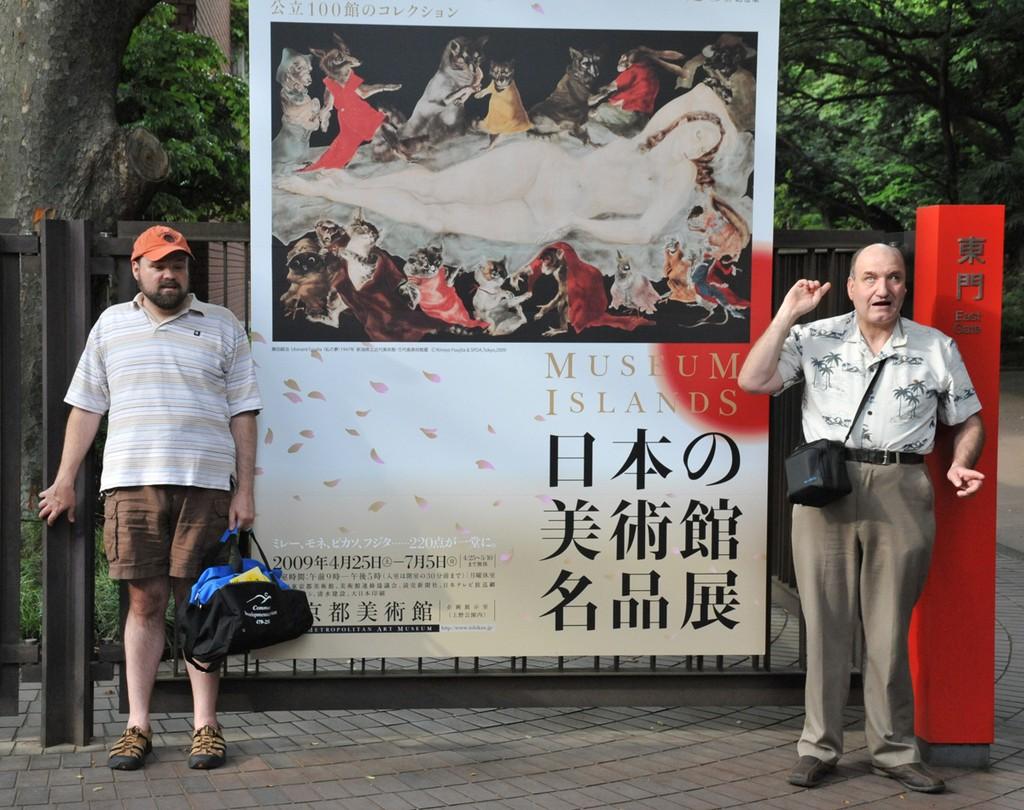Wretches & Jabberers Take Autism on the Road
Sometimes documentaries are straight-up broccoli: heavy topics you could stand to learn about, but just can’t muster the enthusiasm to consume. That’s why it’s so gratifying when a film that is good for you turns out to be a delight as well.
Wretches & Jabberers is just that. If, like me, you aren’t close with anyone with autism, it’s a true learning experience — but gripping and entertaining, too. Starting today the new documentary is screening around the country as part of Autism Awareness Month. The film follows two men with autism as they go on a global tour to raise awareness about the disorder.
Video: the trailer for Wretches & Jabberers
Tracy Thresher, 42, and Larry Bissonnette, 52, are both intelligent, articulate men — yet as a result of their conditions, they have extreme difficulty speaking. The only way they can express their complex thoughts is through typing on laptops — one letter at a time. The process is painstakingly slow; but when the words finally come out they are smart, insightful, and at moments shockingly poetic. Bussonnette explains, “Nothing convinced people I had an inner life until I started typing.”
It’s difficult to watch these men struggle so hard to communicate, but their story is overwhelmingly hopeful. Everywhere Thresher and Bissonnette go — Japan, Sri Lanka, Finland — they’re met by other people with autism who are extremely grateful to be given an opportunity to share their experiences. As a viewer, you grow really fond of these two guys, who if you had just seen on the street you might have looked the other way.
Another highlight of Wretches & Jabberers is its surprisingly hip soundtrack: all original songs performed by indie darlings like Antony Hegarty and Devendra Banhart, mixed in with some bigger names like Norah Jones and Scarlett Johannson. Antony’s track, “Killingly Hard,” opens the film and is strikingly beautiful.
Wretches & Jabberers also made me want to listen back with fresh ears to a show we did a couple years ago about creativity and autism. The episode has a range of stories that connect arts with the disorder. There’s one about scientists who study how people with autism experience emotionally intense films like Who’s Afraid of Virginia Woolf; another about an aspiring novelist who writes edgy and funny stories about his Asperger’s syndrome. In Wretches, Bissonnette describes autism as “not abnormality of the brain as much as abnormality of experience.” As you soak all these stories in, that concept starts to make sense.
Every day, reporters and producers at The World are hard at work bringing you human-centered news from across the globe. But we can’t do it without you. We need your support to ensure we can continue this work for another year.
Make a gift today, and you’ll help us unlock a matching gift of $67,000!
